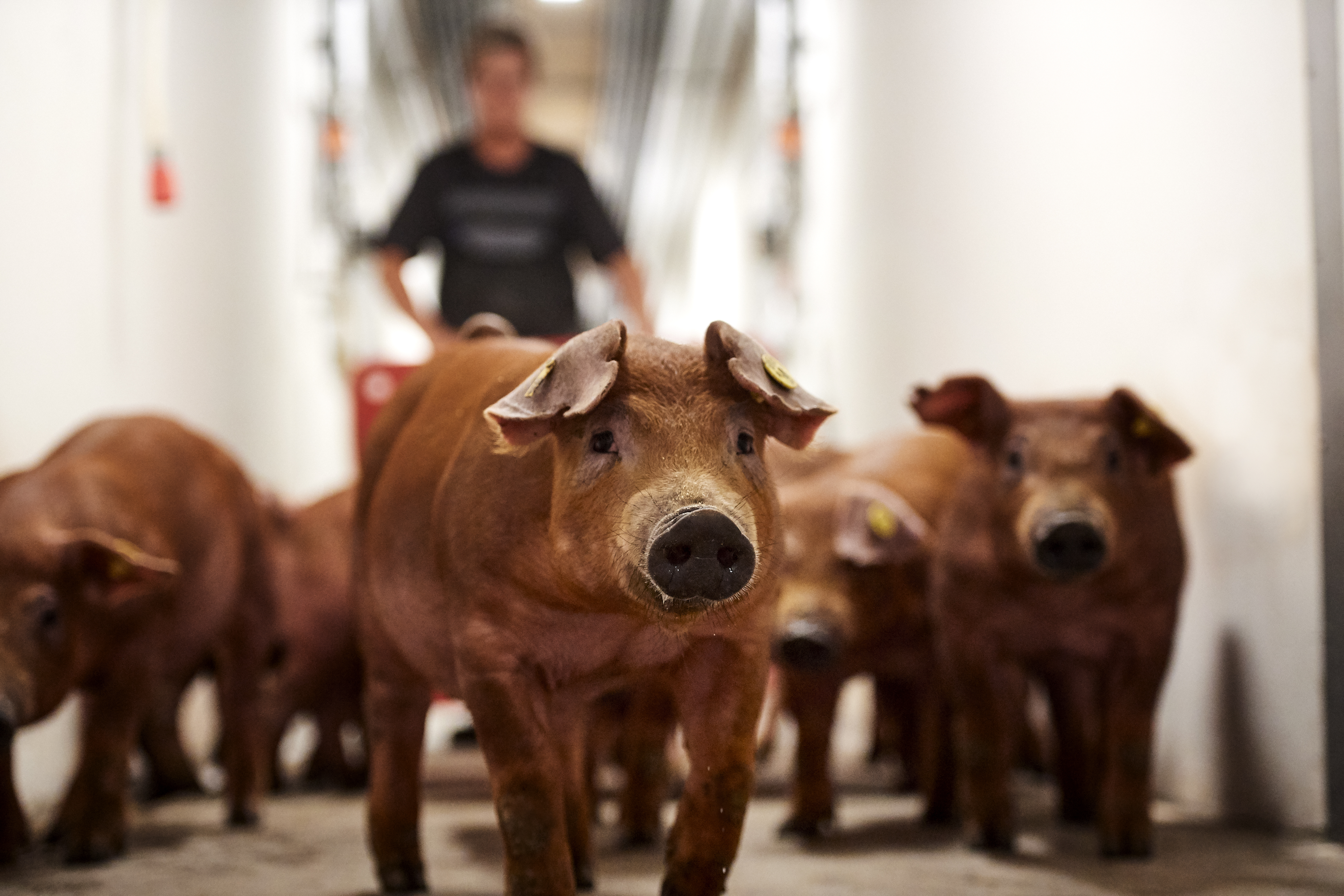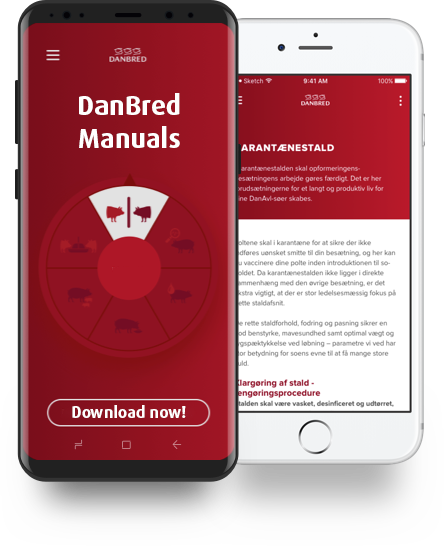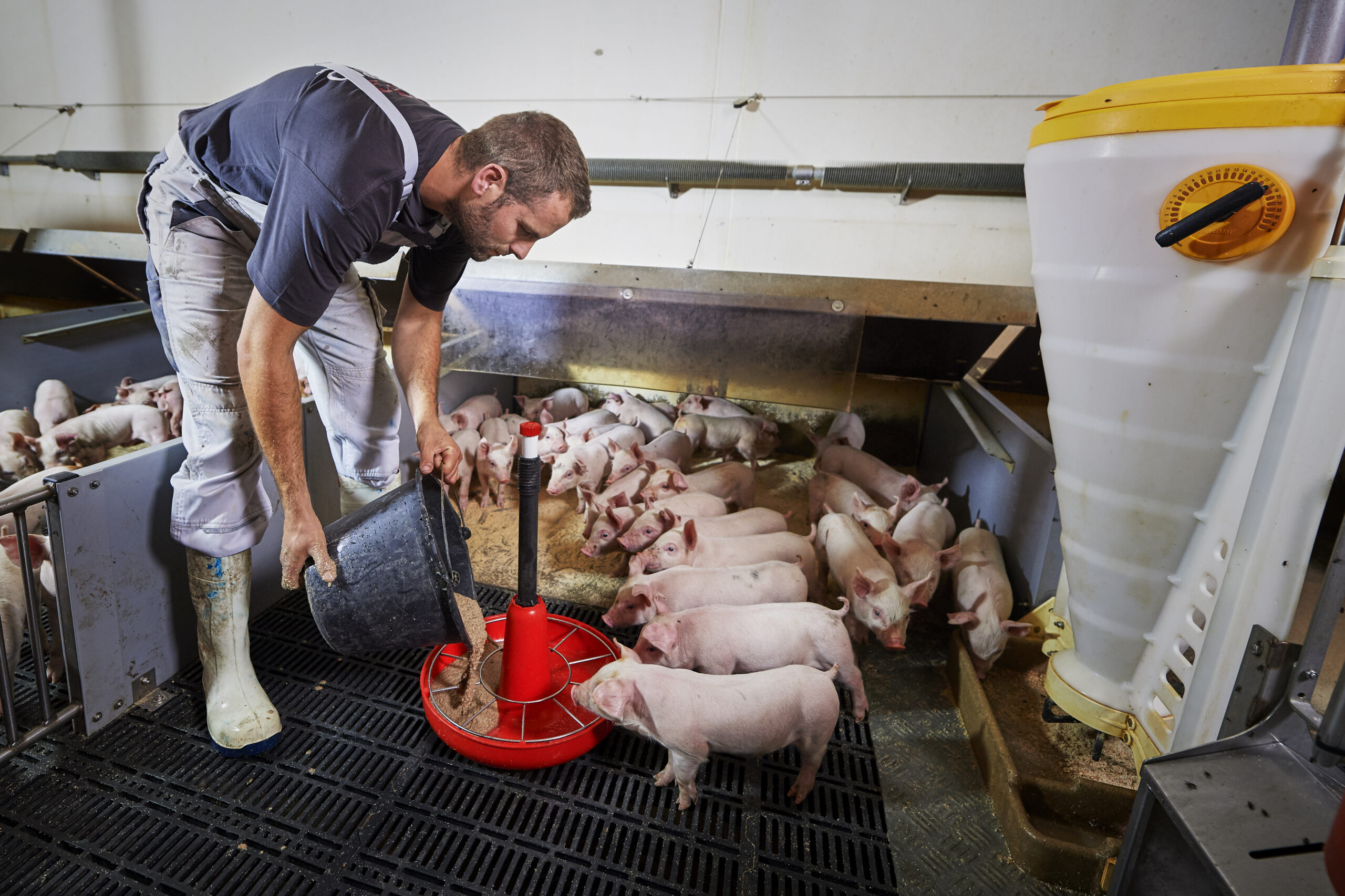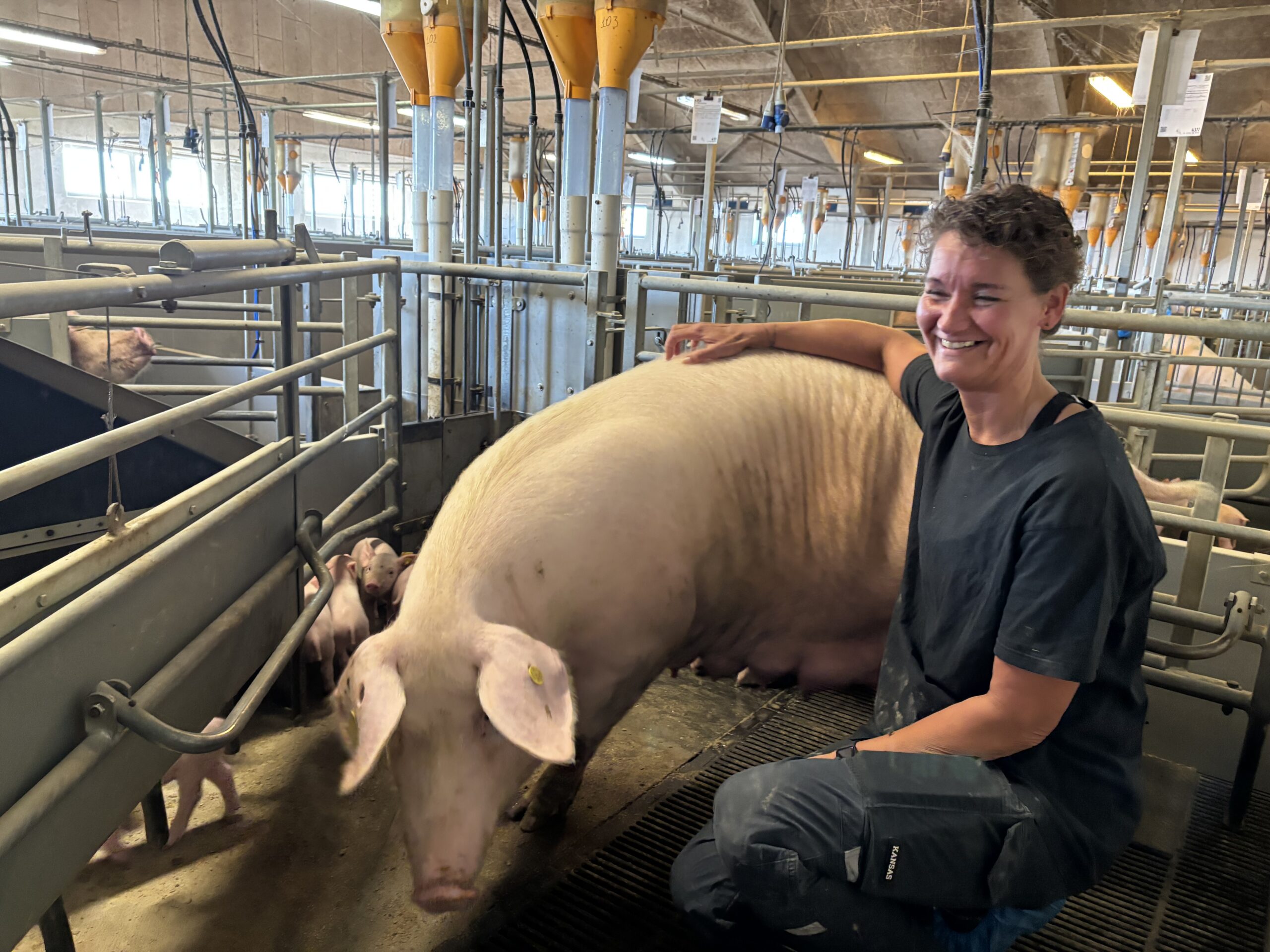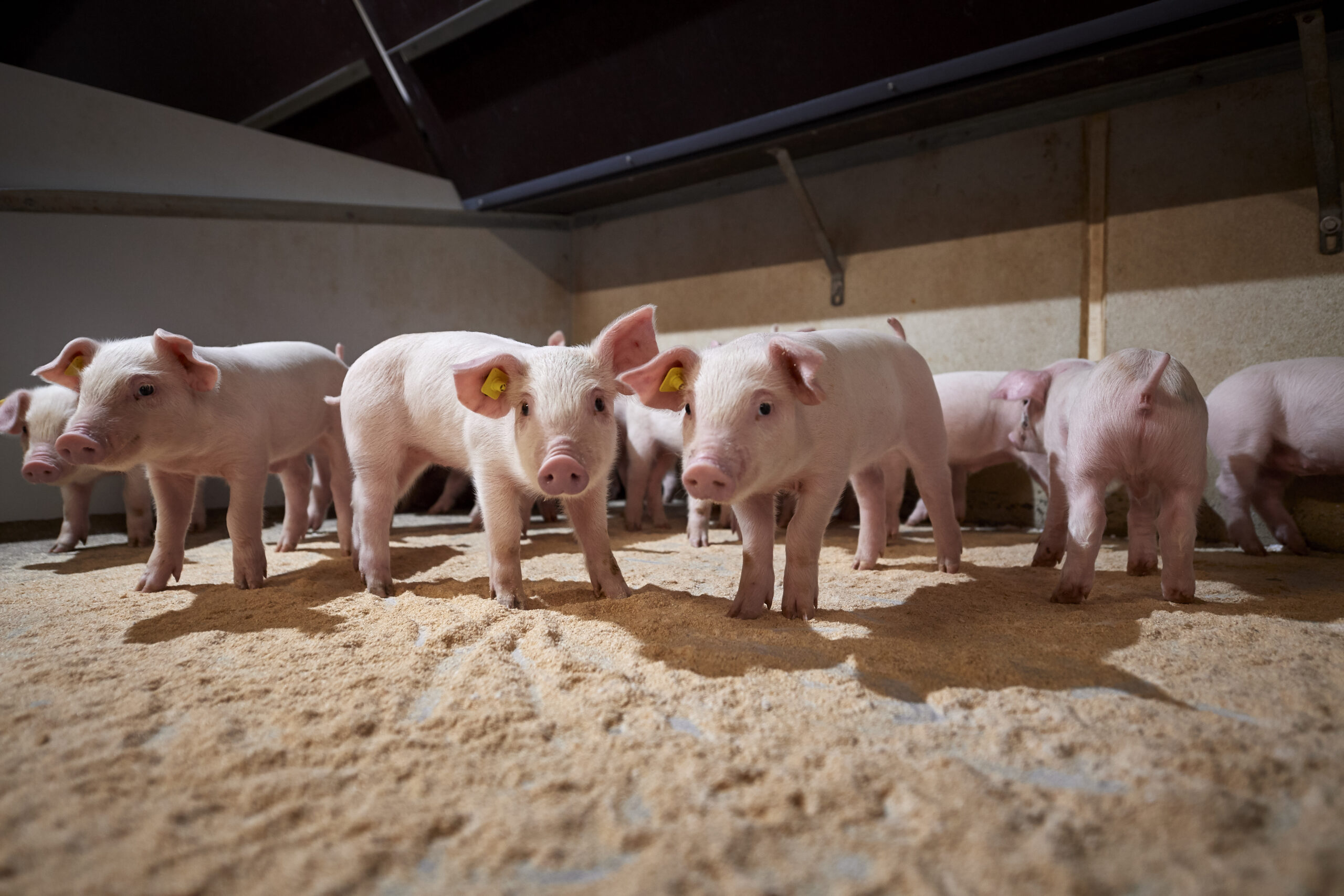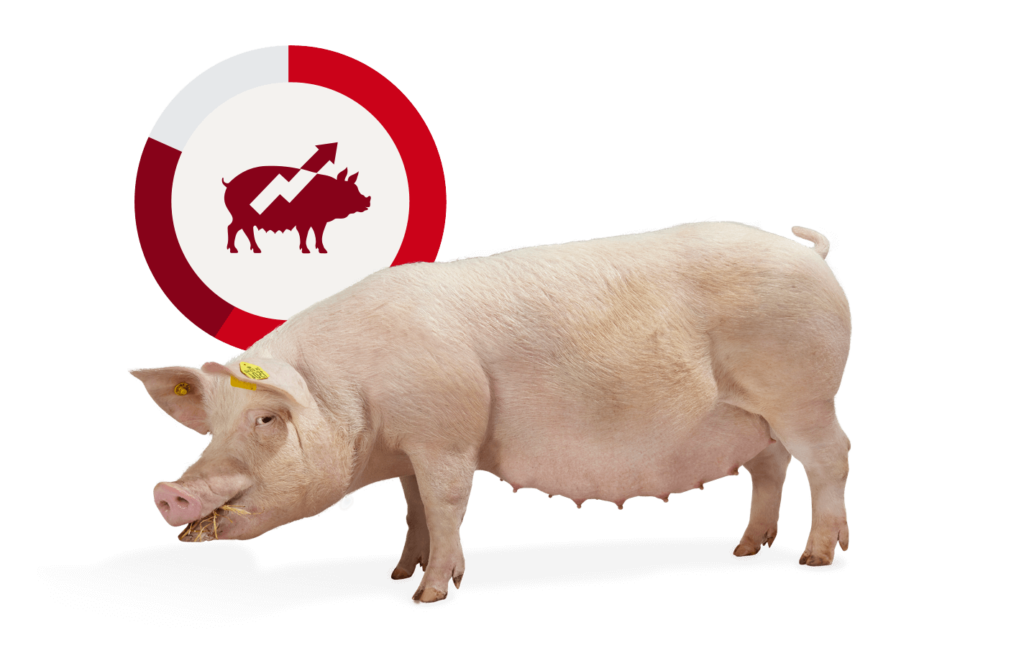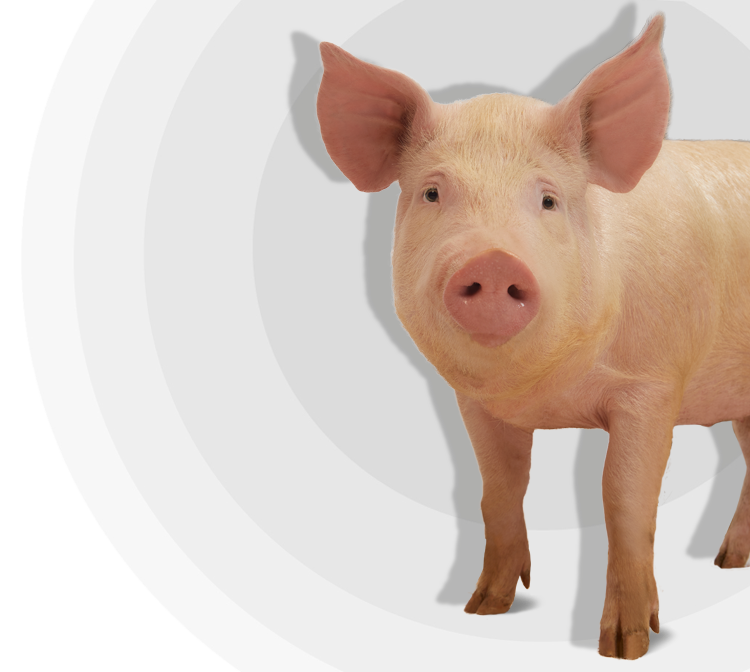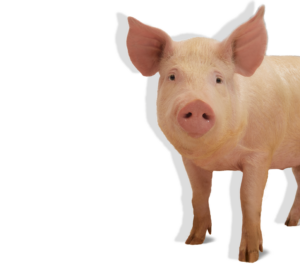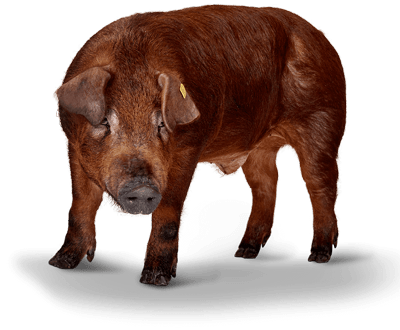Samples to be used in the development of the DanBred pigs of the future are already being collected. Every week, blood samples are collected from 50-60 DanBred Duroc pigs at Bøgildgård Boar Testing Station in Denmark. The samples are sent to the Laboratory for Pig Diseases in Kjellerup in Denmark, where they are centrifuged and frozen to -80 °C to ensure all important material is preserved. The samples are collected so they are ready for analysis when the next step of the project Metabolomic Selection starts.
The project examines metabolites (i.e., the intermediate products formed when the body metabolises feed) in the blood and feed consumption data for DanBred Duroc pigs. Metabolomic data gives additional information about the pig, and more information enables a more targeted breeding for e.g., feed efficiency.
25% additional breeding progress for feed efficiency
”The technology behind metabolomic selection is brand new, and therefore we start from scratch by, for instance, collecting samples from some of the pigs with the lowest feed consumption. In 2021, the samples will be analysed, and mathematical models will be developed. The goal is to achieve an additional 25% breeding progress in the DanBred Breeding Program by using metabolomic selection”, says Tage Ostersen, Head of the Breeding & Genetics Department at SEGES Danish Pig Research Centre.
Digging deeper than genomic selection
Genomic selection focuses on DNA and how related the pigs are, but with metabolomic selection the goal is to be able to see how the individual breeding pig is ’built’ on a molecular level:
”Metabolomic selection, which is now to be developed, can be the method that enables us to dig deeper and see the breeding candidate’s total ’metabolism picture’ and use it to select the right breeding animals for next generation”, says Tage Ostersen.
Increased demand for high meat quality
In addition to the blood samples, the project also collects data on meat quality parameters for DanBred Duroc. Every week, data on carcasses are collected, when pork loins are analysed for meat quality parameters: Ultimate pH, colour, intramuscular fat, and myofibril fragmentation index. Myofibril fragmentation index is an indicator of protein degradation in the meat and meat tenderness.
The quality of pork produced by pigs with DanBred genetics is already high, but outside Denmark there is an increasing interest in meat quality, which is why, e.g., the trait intramuscular fat is included in the project.
|
About Metabolomic Selection The idea behind metabolomic selection of pigs is to use metabolomic data to select the animals with the highest feed efficiency and the best meat quality for breeding. The project Metabolomic Selection will develop the method so it can be used for developing pigs in the future. The project is a cooperation between DanBred, SEGES Danish Pig Research Centre, Nordic Seed, and Aarhus University. It has received almost DKK 8.5 million from the Green Growth and Development programme (GUDP) under the Danish Ministry of Food, Agriculture and Fisheries. |

